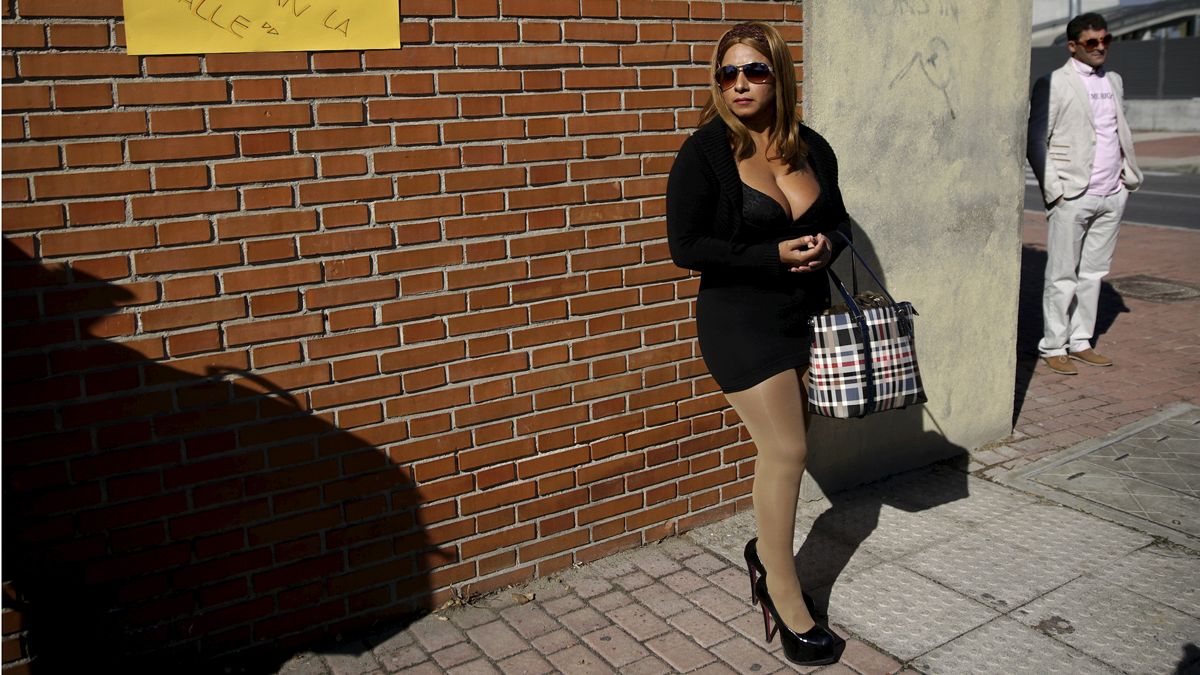Gabor Tanacs examines the case of a Hungarian owner of a brothel in Germany to examine the reality of cross-border justice. ‘Elizabeth’ runs a
Gabor Tanacs examines the case of a Hungarian owner of a brothel in Germany to examine the reality of cross-border justice.
‘Elizabeth’ runs a business in Hamburg. She rents cabins to self-employed workers whom she finds in her homeland of Hungary. For a fee, she helps them register to work and fill out the required paperwork.
The women work as prostitutes.
In Germany, this is fine. Sex working is legal, under certain conditions. The same is not true in Hungary and one day, Elizabeth found that she had become a wanted criminal there.
When a crime is not a crime
Under the terms of a Hungarian passport, in line with many other countries, holders are warned that they are bound by the laws of their home country wherever they are, a principle known as personal- or extra-territorial jurisdiction.
But with little power to investigate overseas without permission, the authorities will typically only pursue the most serious cases, often involving organised crime. These offenses tend to be recognised internationally.
In theory, lesser cases can be prosecuted but gathering evidence of crimes abroad is challenging.
For instance police in a state where marijuana is banned could prosecute a citizen for smoking a joint in another country where the drug is legal. But they would need an opportunity to conduct a drug test on the individual, which is likely to be hard to justify.
“In my experience, Hungarian authorities start an investigation if they suspect that the given act is part of the activity of an organized crime group,” lawyer and extradition expert Péter M. Nyitrai told euronews. “Organized crime is most of the time related to human or drug trafficking, prostitution of minors, money laundering, and these are criminal acts in every EU member state.
“Without links to organized crime, there is only a minimal chance of prosecution based on personal jurisdiction.”
Longer arms of the law
If the authorities do want to get hold of a suspect, they can try to extradite him, if an agreement is in place, but only when the suspected crime is recognised by both states.
Within the EU this process has been simplified by the introduction of the The European arrest warrant (More explanation here).
However, this system does allow for suspects to be forcibly delivered across borders even when the alleged crime is not mutually recognised, as long as it falls into one of 32 exceptional categories and would merit a jail term of more than 3 years.
Human rights groups have expressed concern that these warrants are overused.
Limits remain
Nevertheless, Nyitrai told Euronews that countries receiving European Arrest warrants will still tend to make their own judgements about whether to fulfill them, based on whether they believe the demand is justified. If they do not recognise the offense, the likelihood of the warrant being served is therefore lower.
“In principle, the issuer is not making a request, it is issuing a warrant that must be implemented unconditionally in all member states,” he said. “In practice, though, member states still examine several conditions of cooperation, among them a thorough justification.
“The new tool did not really change the way things work, but it made the process quicker.”
The case of Elizabeth, first reported on Hungarian news site index.hu was still pending at the time of writing, and it is not clear exactly of what offense the Hungarian authorities are accusing her.
